Settle into a historic seaside parador on the border of Spain and France and delve into Basque heritage, exploring sophisticated resorts and artist enclaves on the Bay of Biscay and charming villages nestled in the Pyrenees.
France and Spain’s Basque Region: A One-Week Stay at the Parador de Hondarribia
9 days from $4,890
Settle into a historic seaside parador on the border of Spain and France and delve into Basque heritage, exploring sophisticated resorts and artist enclaves on the Bay of Biscay and charming villages nestled in the Pyrenees.
Experts
/https://tf-cmsv2-journeys-media.s3.amazonaws.com/journeys/expert/Lesh_Kerri_2.jpeg)
Kerri Lesh
Kerri Lesh is an anthropologist with a PhD in Basque Studies and an emphasis in Basque language and gastronomy. Specifically, she studies the minoritized Basque language and how it’s used to market local gastronomic products. As such, she is one of only a handful of external scholars qualified to speak about this unique language. Kerri has lived in the Basque Country of Spain and returns there as much as she can to meet with both academics and local producers.
Dr. Lesh is also a Certified Specialist of Wine (CSW), having worked harvests in both Chile and the Basque Country. She is currently based in Kansas City, dividing her time between working at a local vineyard, teaching for the Culinary Center of Kansas City, as well as teaching in the Anthropology Department at a local college. Kerri has taught courses in Basque Culture, Indigenous and Minoritized Languages, Linguistic Anthropology, and the Anthropology of Food and Wine, and has published several articles in journals such as Anthropology of Food, Applied Linguistics Review, and BOGA: Basque Studies Consortium Journal.
/https://tf-cmsv2-journeys-media.s3.amazonaws.com/journeys/expert/Beebe_at_La_Ferrassie_photo_with_permission_by_Dennis_Sandgathe.JPG)
Beebe Bahrami
Beebe Bahrami is an award-winning writer and anthropologist who specializes in the intersecting worlds of European, Atlantic, and Mediterranean cultures, from prehistory to the present. She earned her BA from the University of Colorado and her PhD from the University of Pennsylvania, where she trained in the four-field anthropological tradition of cultural, biological, archaeological, and linguistic anthropology.
She conducts ongoing research and extensive writing in the past and present of the lands and peoples of southwestern France and northern Spain. Her work covers a wide range of topics and disciplines, from prehistoric sites, landscapes and caves, to those of the Neolithic, Bronze and Iron ages, through antiquity and into the medieval and the modern. Beebe has written on and excavated with the international teams working at the Neandertal sites of La Ferrassie, Pech de l’Azé, and Roc de Marsal. She also is an expert on the Camino de Santiago in France and Spain and has walked some 5,500 miles/8,850 kilometers, and counting, on these ancient routes, studying both the ancient pre-Christian landscapes, as well as the traditions, history, and lore that arose with the medieval pilgrimage.
Her books include Café Oc—A Nomad's Tales of Magic, Mystery, and Finding Home in the Dordogne of Southwestern France, Café Neandertal—Excavating Our Past in One of Europe's Most Ancient Places, The Way of the Wild Goose—Three Pilgrimages Following Geese, Stars, and Hunches on the Camino de Santiago, and the comprehensive travel guides, Moon’s Camino de Santiago—Sacred Sites, Historic Villages, and Local Food & Wine, The Spiritual Traveler Spain—A Guide to Sacred Sites and Pilgrim Routes, and Historic Walking Guides Madrid.
Photo credit: Dennis Sandgathe
/https://tf-cmsv2-journeys-media.s3.amazonaws.com/journeys/expert/Watson_Cameron.JPG)
Cameron Watson
Originally from the UK, but having traveled extensively all over the world from an early age with his family, Cameron Watson is a writer, translator, copyeditor, and teacher. He went to graduate school in the United States and has a PhD in Basque Studies, with an emphasis in History. He taught Basque and Spanish history as well as that of modern Europe at the University of Nevada, Reno, and he has also been a visiting professor at several universities in Spain. He currently lives in the Basque Country, where he divides his time between freelance work in academic publishing and teaching on studies abroad programs for different US universities. He is the author of the definitive text in English on modern Basque history as well as several other books and articles. He speaks Spanish, Basque, and French and his interests include Basque history and culture and, more broadly, the complex issue of diverse Iberian identities through history.
/https://tf-cmsv2-journeys-media.s3.amazonaws.com/journeys/expert/Mitchell_Silvia.jpg)
Silvia Mitchell
Silvia Z. Mitchell is a historian of Renaissance and early modern European history, queenship, and Habsburg and royal court studies. Based on substantial archival research, Professor Mitchell’s work is written in a clear and accessible style to the general reader. She has published extensively on the reign of Carlos II of Spain (r. 1665-1700) and is an expert on his mother, Queen Mariana of Austria (1634 Vienna – 1696 Madrid), a critical figure in the history of Spain and Europe. Her book, Queen, Mother, and Stateswoman: Mariana of Austria and the Government of Spain (Penn State University, 2019, paperback 2020) is simultaneously a political biography of Queen Mariana of Austria and an analysis of the role of Spain in European international politics. The Spanish edition was published in a fully illustrated and extended edition (2023) by the Centro de Estudios de Europa Hispánica in their prestigious series The Habsburgs. She is currently preparing a history on “The Spanish Habsburgs, 1500-1700: The Men and the Women that Ruled the First Global Empire of the World” and a co-authored biography of the Spanish-born Queen of France, Marie-Thèrese of Austria (1638-1683), who has lived in the historical shadows of her famous husband, Louis XIV (r. 1643-1715).
Born and raised in Buenos Aires, Argentina, Professor Mitchell completed all her academic training in the U.S., first at Florida International University and then at the University of Miami, where she was awarded her Ph.D. in 2013. She has been on the faculty of Purdue University in the Department of History since 2013, was promoted to Associated Professor in 2020, and was named University Faculty Scholar in 2022 in recognition of her accelerated path to academic distinction. She is a currently (2023-2024) a member of the group CINTER at the Universidad Rey Juan Carlos, Madrid.
Professor Mitchell has been invited to lecture on her areas of expertise at recognized institutions such as the Prado Museum (Madrid), the Newberry Library (Chicago), the Central European University (Budapest), the Universidad Autónoma of Madrid, and the University of Vienna.
Barbara Whitehead
Barbara J. Whitehead is the A. W. Crandall Professor of History at DePauw University and former Chair of the History Department. She earned her AB in History at Harvard University and her PhD in History from Bryn Mawr College. This educational background fostered a love of early modern Europe that has been the focus of her teaching and writing for over thirty years. At DePauw, Barbara has developed a broad spectrum of courses centered on European history ranging from the Viking Age and Crusades to the European witch hunts, the French Revolution, and the history of happiness. Her research in intellectual history has led to an edited volume on early modern women’s education and publications on forgotten figures of the eighteenth-century Enlightenment. In addition to leading over fifteen academic tours of Europe, Barbara has served as the on-site director of the American Colleges of the Midwest Central European Studies Program in the Czech Republic, where she taught European history. She also taught in the Danish International Studies Program in Copenhagen as a visiting professor. In addition to living in the Czech Republic and Denmark, Barbara has also lived in Rome and Paris.

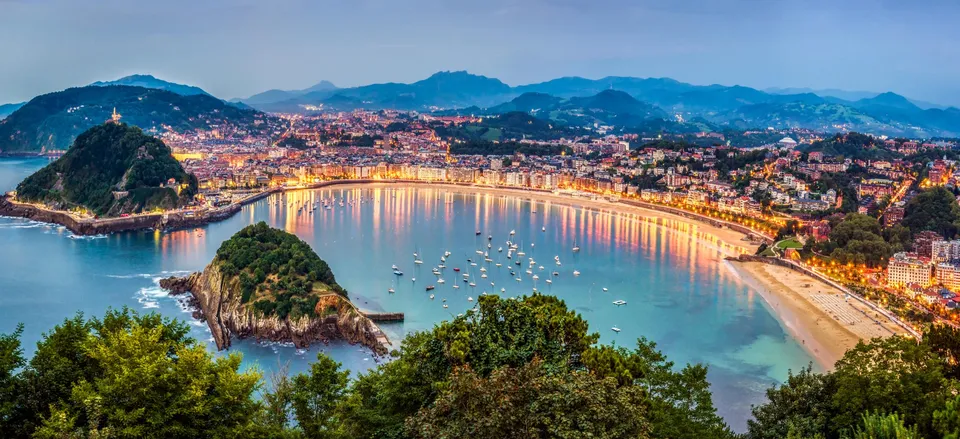
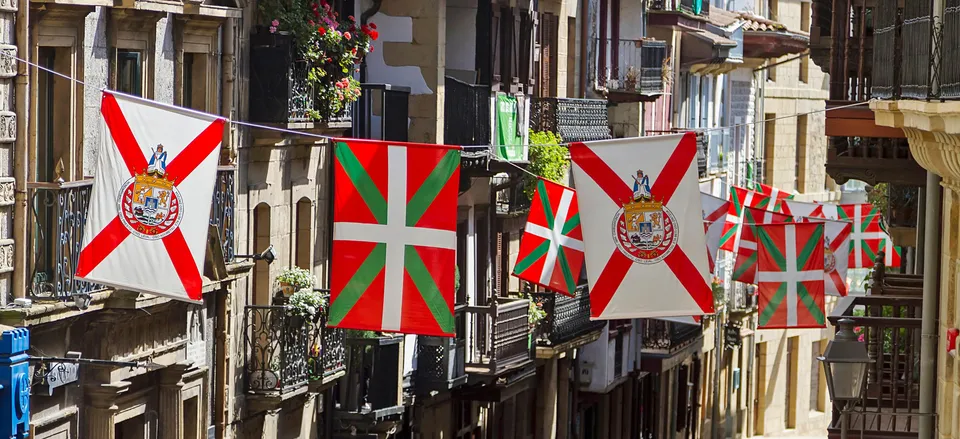
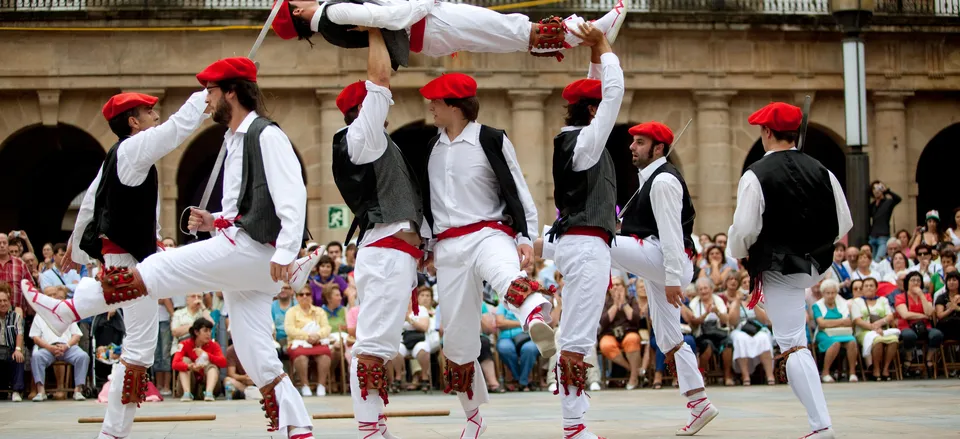
/https://tf-cmsv2-journeys-media.s3.amazonaws.com/filer/e0/e3/e0e34c72-03a9-460a-a4bd-7b3148110fd7/spa_hondaribbia_square_ist_994382816_copy.jpg)
/https://tf-cmsv2-journeys-media.s3.amazonaws.com/filer/55/e9/55e95f68-ef30-4a43-bb48-97f09dba0243/esp_spain_sansebastianview_ahi.jpg)
/https://tf-cmsv2-journeys-media.s3.amazonaws.com/filer/d1/59/d1596fd4-47fb-4ba6-b74f-53022ed6e8cd/esp_spain_sansebastianbeach_ahi.jpg)
/https://tf-cmsv2-journeys-media.s3.amazonaws.com/filer/3d/7d/3d7d04bc-c5ed-4c12-8126-c5eb637ff159/spa_bilbao_basquecountryside_dt_l_36103295.jpg)
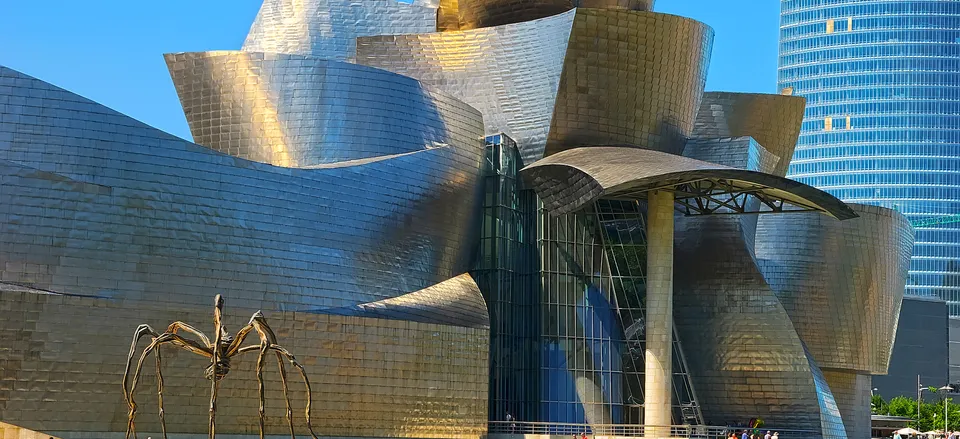
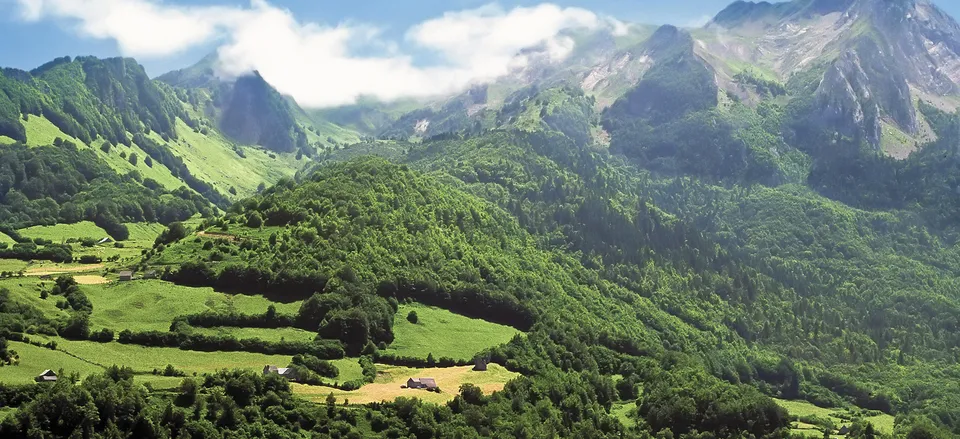
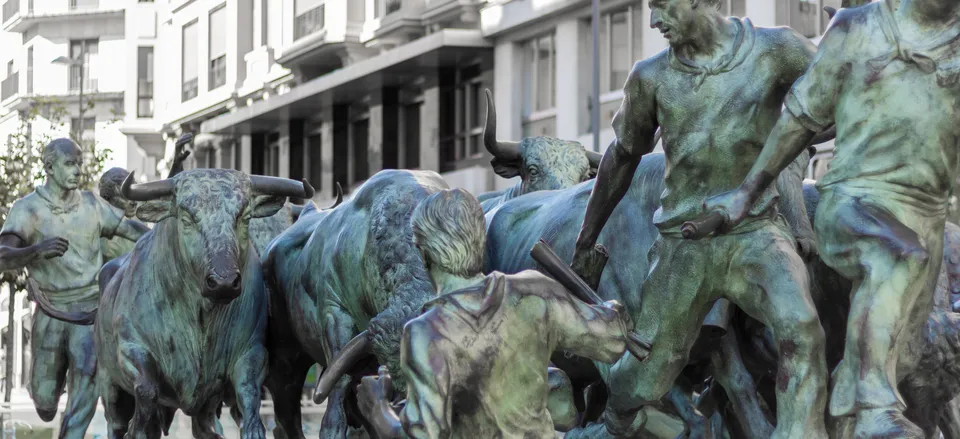
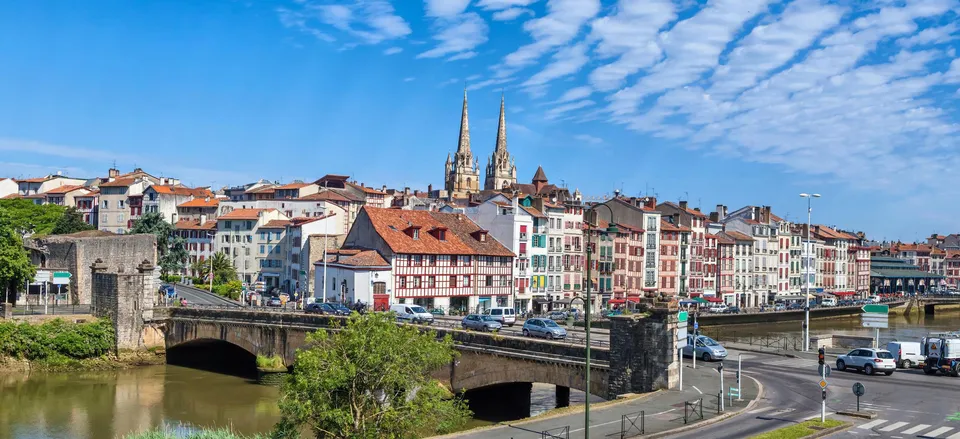
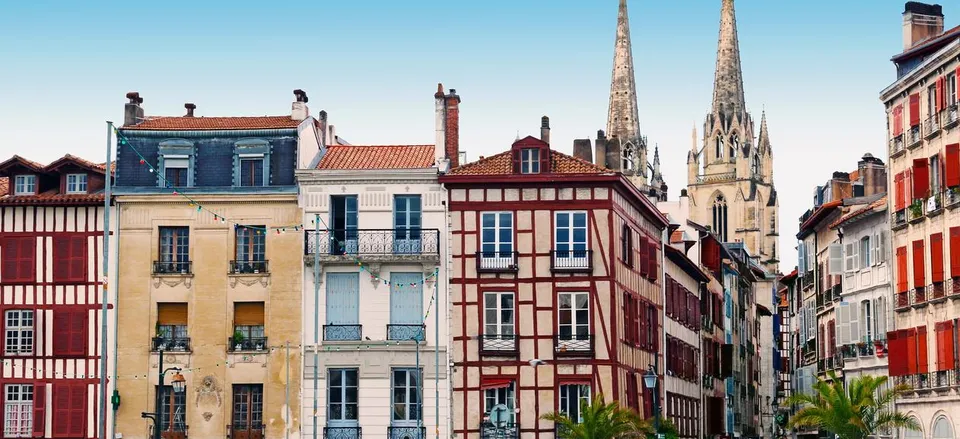
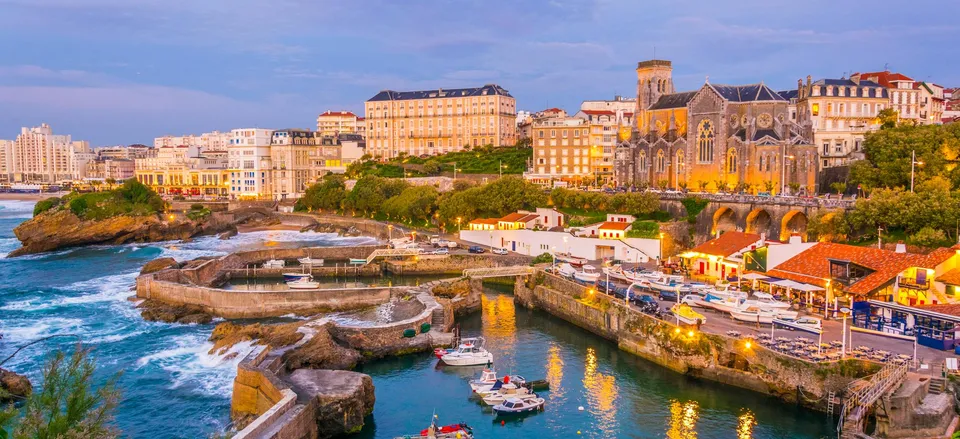
/https://tf-cmsv2-journeys-media.s3.amazonaws.com/filer/6f/35/6f3520c0-8f38-4501-83eb-7781c89c6156/fra_biarritz_beach_ist_1049472994.jpg)
/https://tf-cmsv2-journeys-media.s3.amazonaws.com/filer/ad/d5/add5a246-0b0d-472a-bb87-92e12e616e98/parador_hondarribia_2_ext_night_cmyk_copy.jpg)
/https://tf-cmsv2-journeys-media.s3.amazonaws.com/filer/f2/24/f224e9ef-312c-4017-8aee-73090cbf9063/parador_hondarribia_47_cmyk_copy.jpg)
/https://tf-cmsv2-journeys-media.s3.amazonaws.com/filer/e8/5e/e85ebf2b-a92a-4b62-a4ff-3d3304ba6d25/parador_de_hondarribia_24_terraza_cmyk_copy.jpg)
/https://tf-cmsv2-journeys-media.s3.amazonaws.com/filer/b0/b9/b0b96874-7771-4629-b715-b7190a004c42/fra_paris_cityscape_ist_638419754.jpg)
/https://tf-cmsv2-journeys-media.s3.amazonaws.com/filer/5f/fc/5ffc555a-0f9a-4c8a-9e98-ceb3504c4082/dsc_9217_1328688.jpg)
:focal(456x349:457x350)/https://tf-cmsv2-journeys-media.s3.amazonaws.com/filer/dd/e6/dde6e847-f705-4deb-82e4-1e8a2971ef48/spa_granada_alhambra_ist_000042044468_large_for-web.jpg)
/https://tf-cmsv2-journeys-media.s3.amazonaws.com/filer/1e/8b/1e8b7a0c-fee5-49f3-bacc-929ac17e4bf4/fra_dordogne_lascauxcaves_06.jpg)
:focal(448x375:449x376)/https://tf-cmsv2-journeys-media.s3.amazonaws.com/filer/dd/e6/dde6e847-f705-4deb-82e4-1e8a2971ef48/spa_granada_alhambra_ist_000042044468_large_for-web.jpg)